Geospatial Territorial Analysis and Modelling
New Rural Lab is a pioneering initiative that leverages mapping as a tool for environmental advocacy. This project overlays environmental data, such as topographical, geological and GIS datasets on social and physical conditions, with lived experiences, alternative knowledges and metaphysical value structures of rural communities. New Rural Lab emphasizes the ethics of representation of local voices and local challenges, involving expert voices and community groups in generating practical and actionable outputs.
The New Rural Lab is supported by the GLOBAL FREE UNIT distributed network for architectural research and education in contexts of rapid change, and is led by urban designer Xenia Adjoubei, Fellow at the Inclusive Ecologies Incubator, Pratt Institute, Brooklyn and Senior Transportation Consultant at Systematica, US. Full bio.
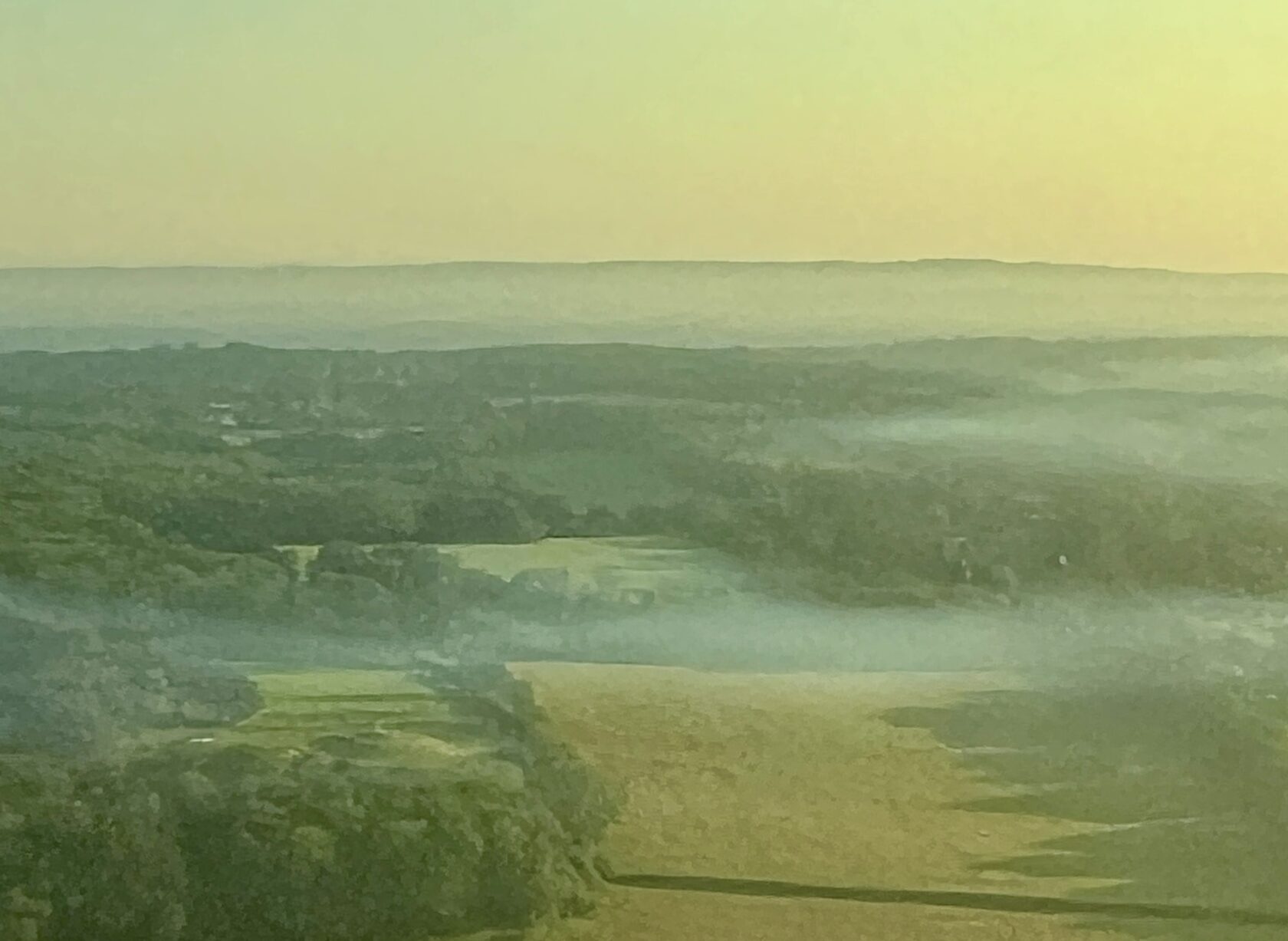
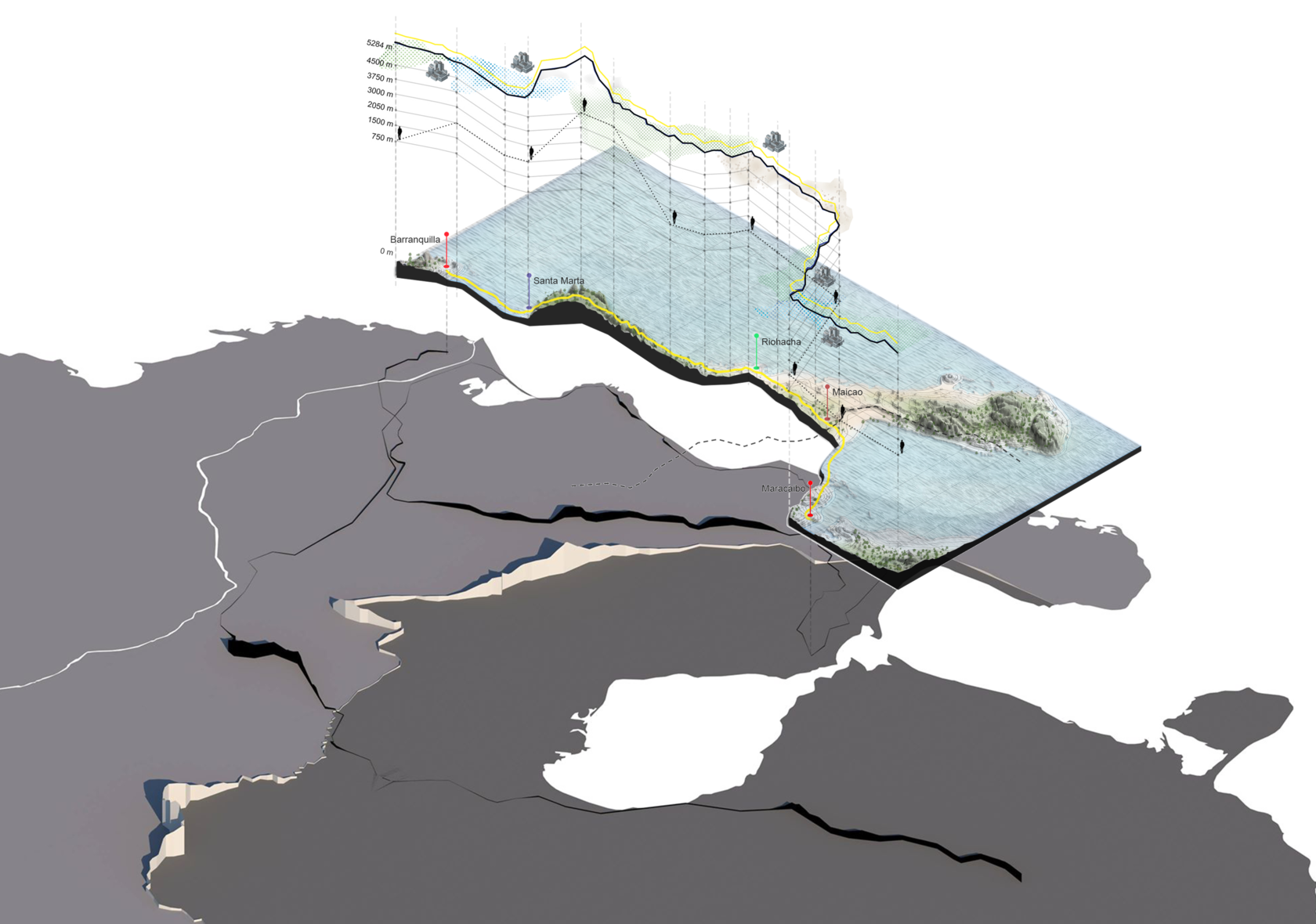
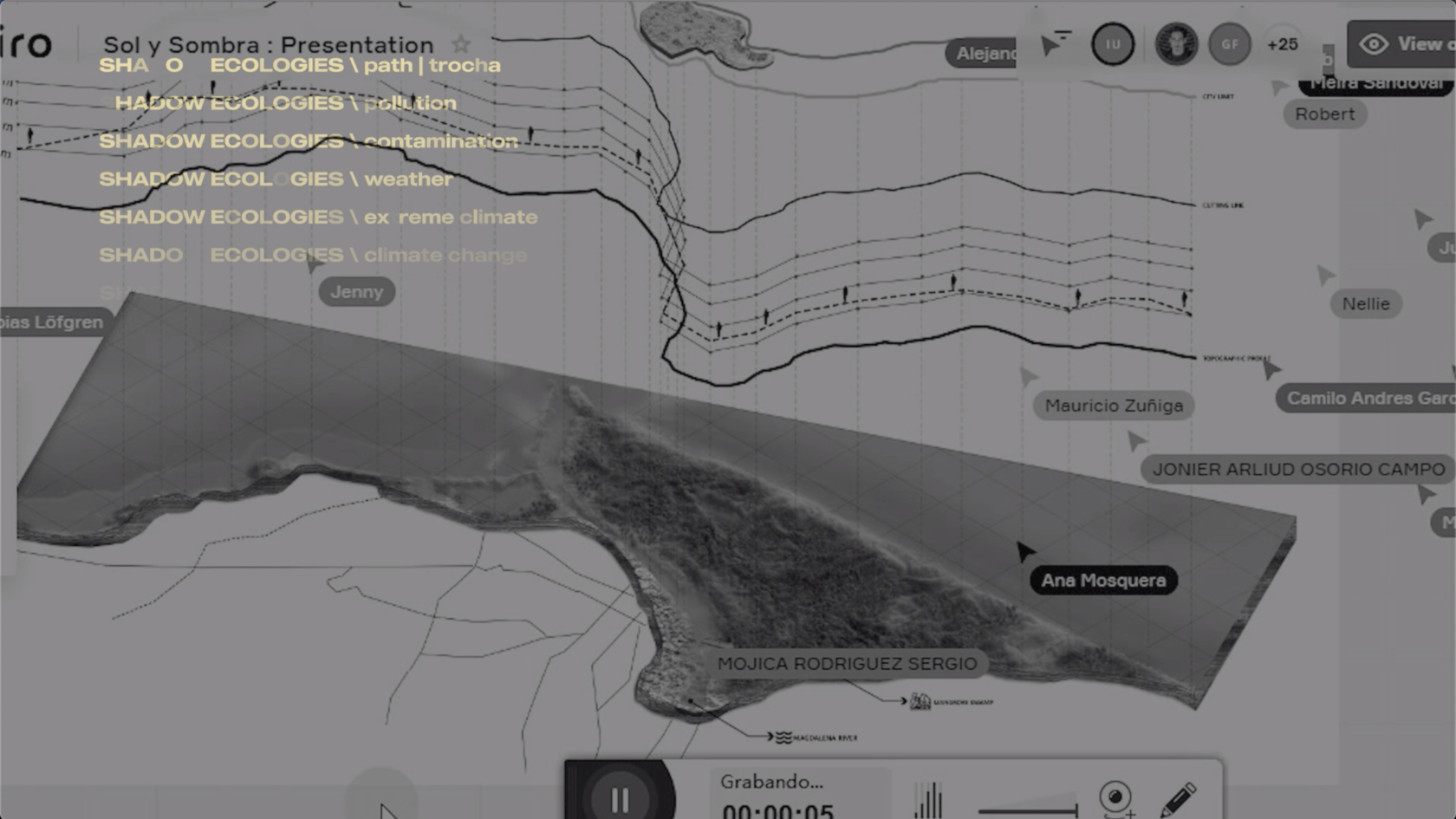
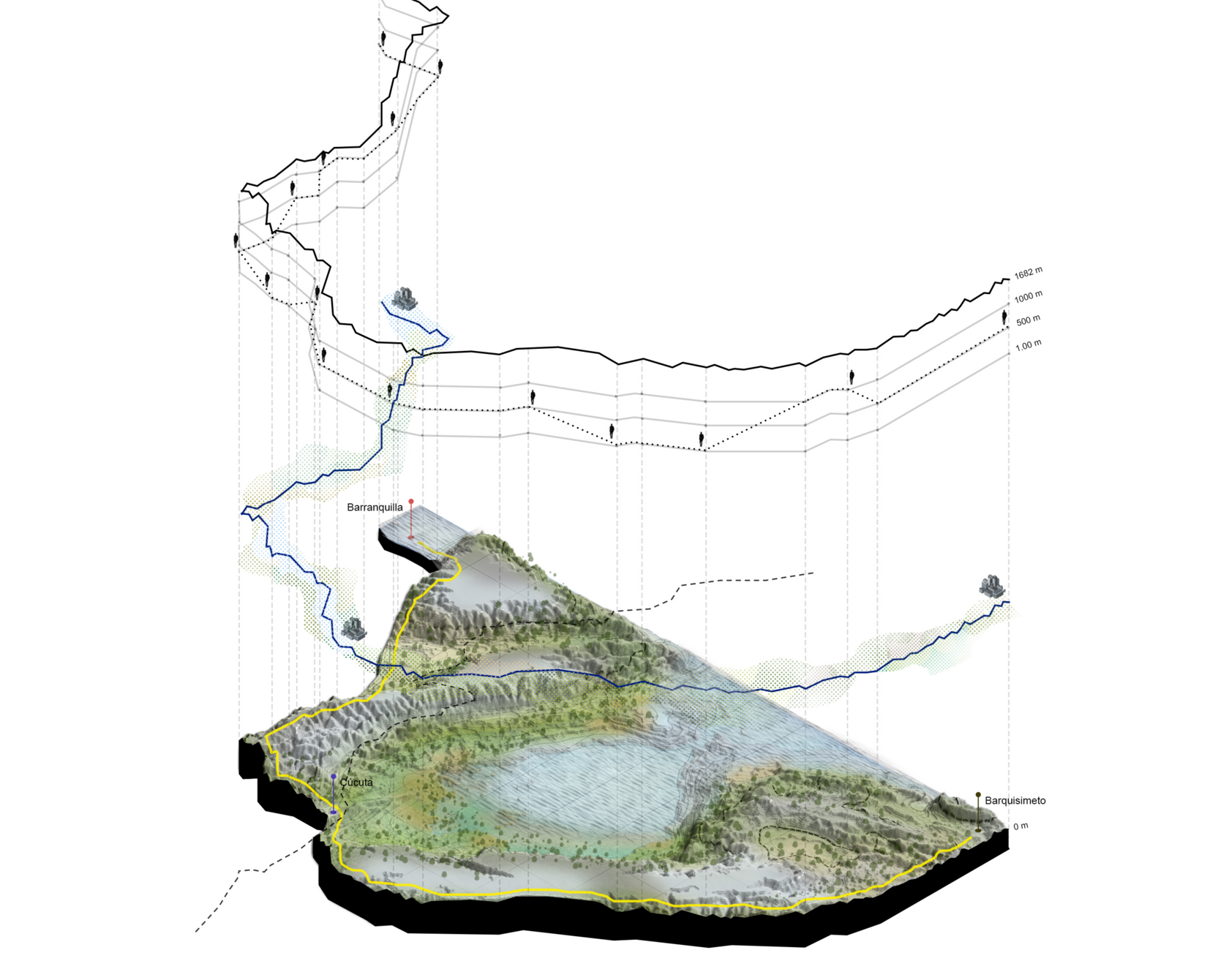
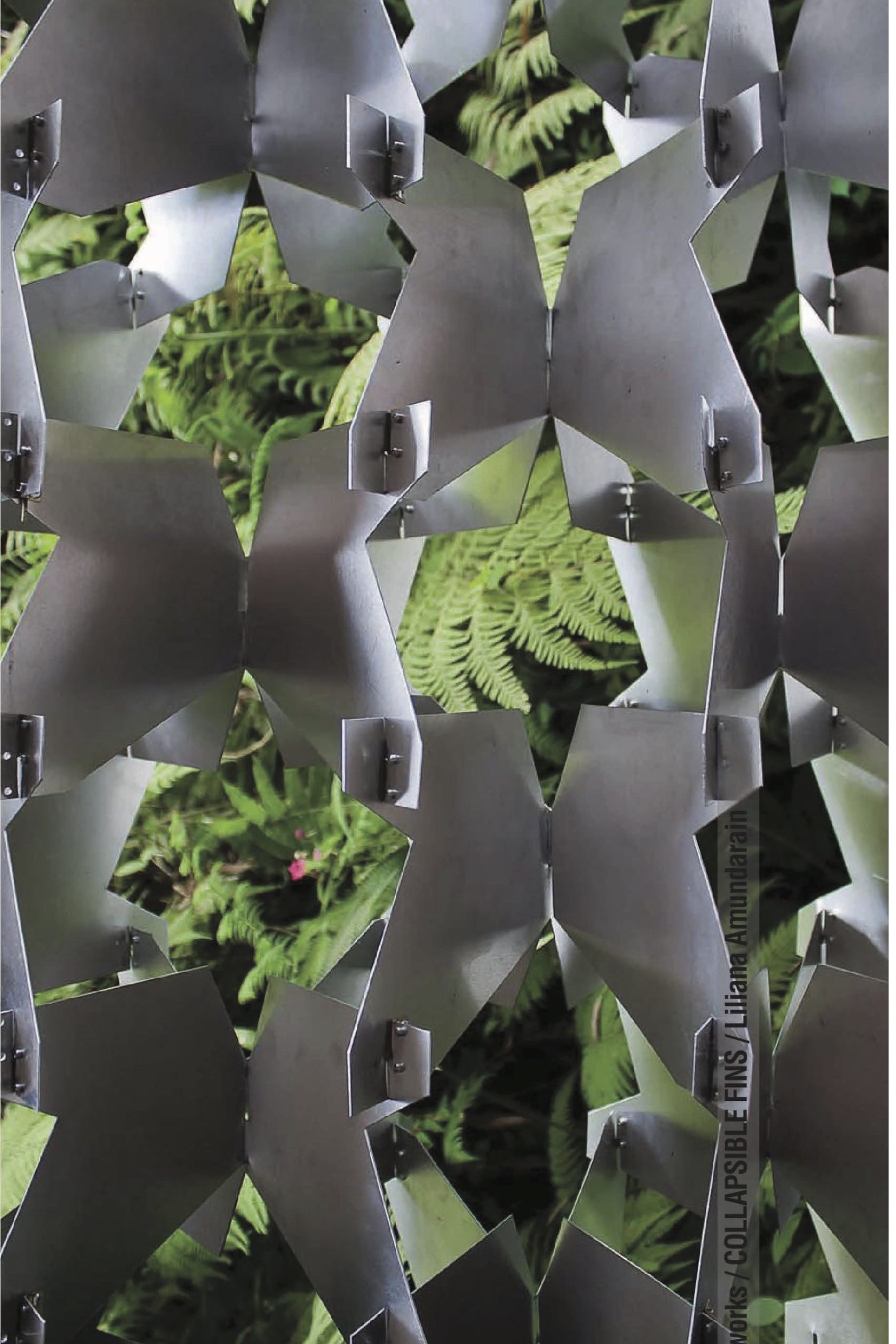
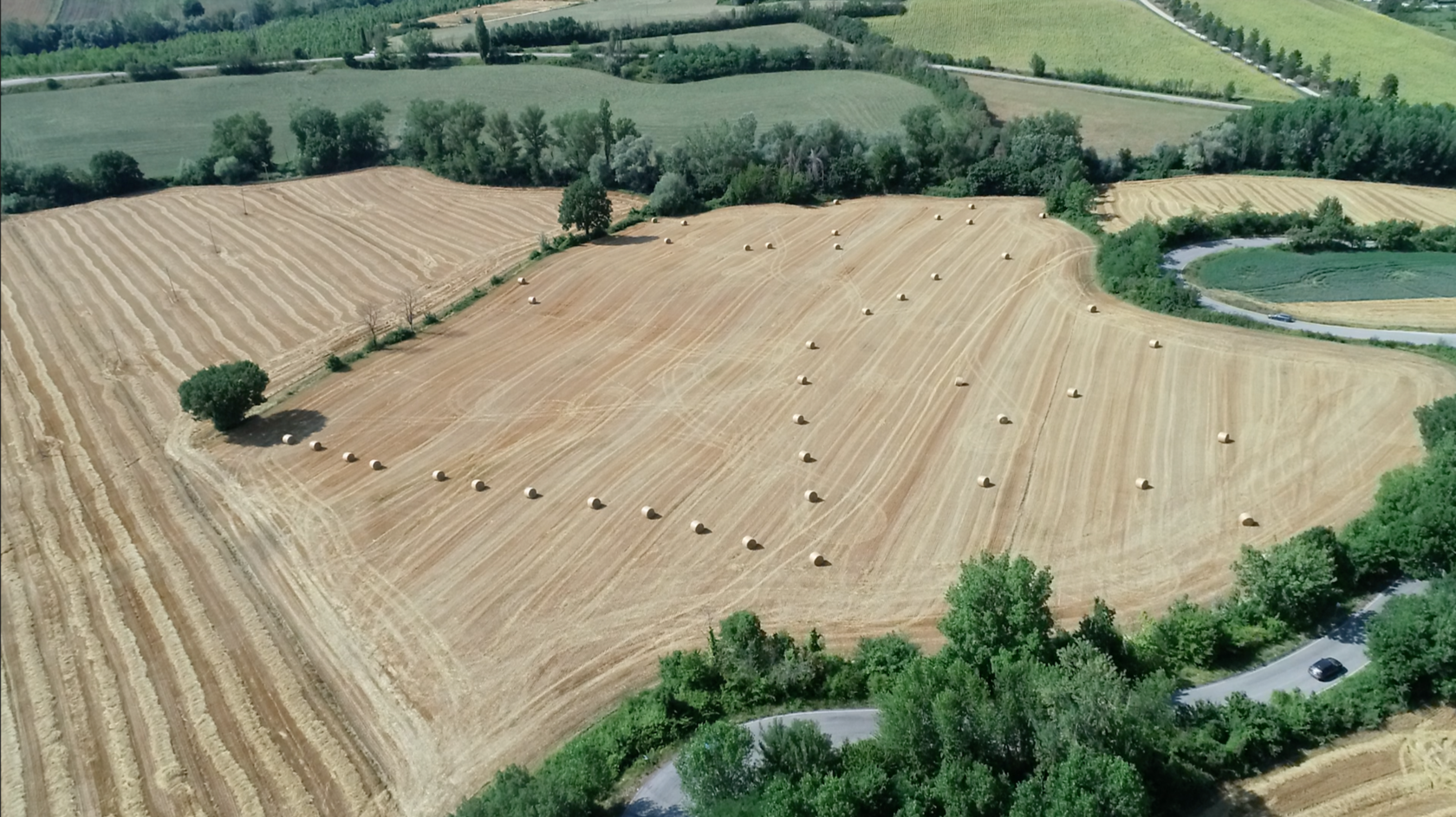
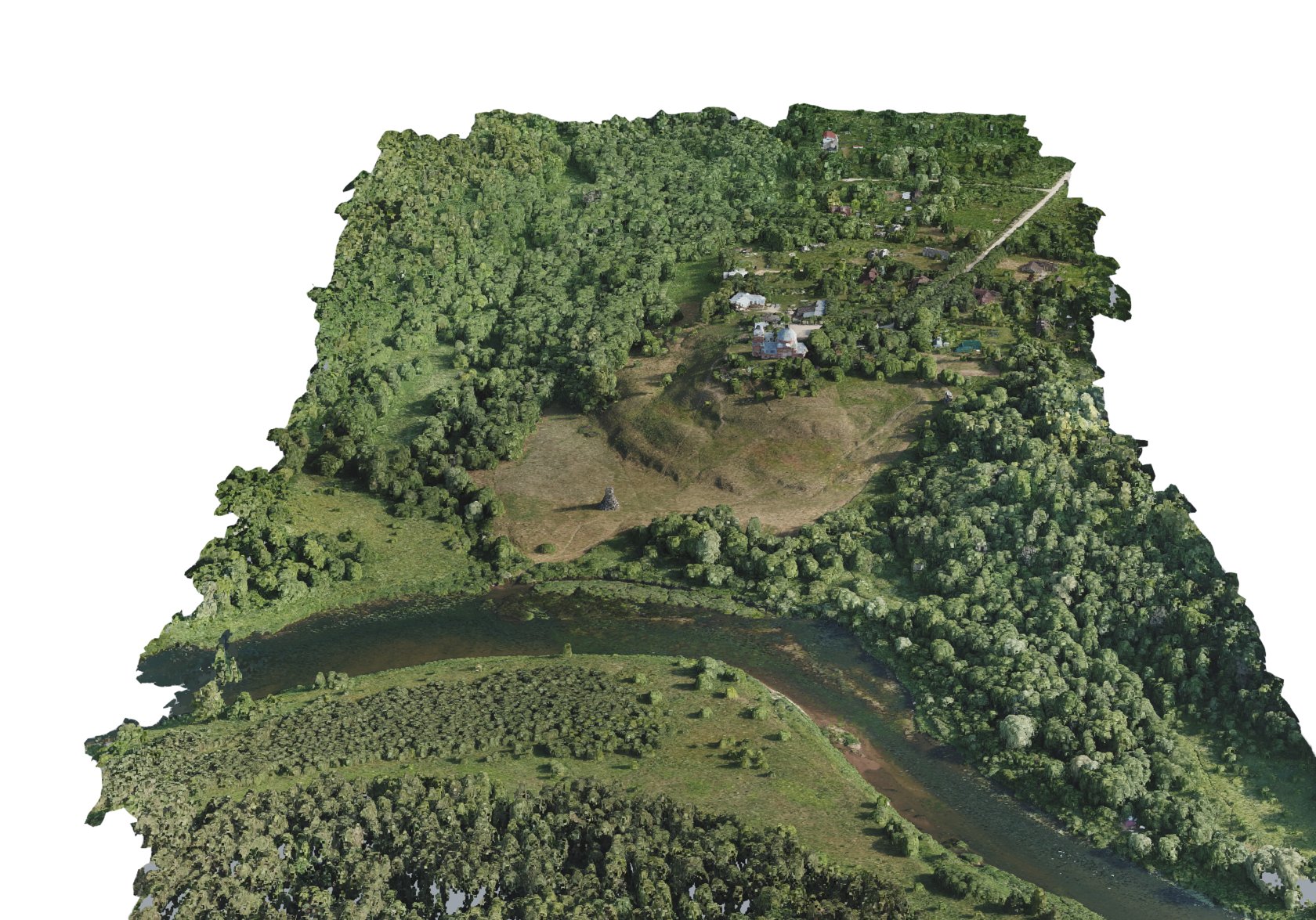
The project's investigative topics are grounded in direct involvement with scholars who originate from and have expertise in the specific contexts being mapped.
Community-Centric Approach
New Rural Lab prioritizes the involvement of rural communities, indigenous peoples, and land stewards at every stage of the project. This community-centric approach is not just a methodology but an anchor, guiding every decision and action. The team lives and works in the field, fostering deep connections and understanding, which enrich the research and its outcomes.
Utilizing emergent tools for territorial analysis and modeling, New Rural Lab develops innovative tools for community engagement, critical questioning, and practical recommendations for interventions. These tools and methodologies are designed to respect and reflect territoriality and cultural contexts, ensuring that the interventions are both effective and sensitive to local nuances.
Theory of Change
The theory of change underpinning New Rural Lab views community involvement, ethical representation, and scholarly collaboration as foundational. Everything else—tools, methodologies, and activations—serves as mediums to achieve meaningful, community-driven change.
Central to New Rural Lab is the commitment to ethically represent the lived experiences of individuals and communities. The project recognizes the importance of accurately and respectfully portraying what people are living and experiencing, ensuring that their narratives are not just included but are fundamental to the analysis and modeling.
New Rural Lab engages in speculative and idealistic activations, envisioning potential futures and pathways for the communities involved. The project identifies and partners with organizations and individuals who share a commitment to sustainable and equitable development, ensuring that the envisioned changes are grounded in community needs and aspirations.
- Xenia AdjoubeiSenior Fellow, Global Free Unit, Senior Transportation Consultant, SystematicaXenia is a urban designer and researcher into emergent technologies and new labour economies. She leads business strategy for Systematica US and teaches on the MS in Urban Design Program at Pratt Institute, New York.
Her academic research projects on environmental diplomacy and climate justice have been showcased at exhibitions internationally, notably, the Venice Architecture Biennale 2021 and Oslo Architecture Triennale 2019. She is currently Fellow at the Inclusive Ecologies Incubator, where she works on the FIELD bioarts project, looking into grass-based plastics as a renewable material for construction. Prior to coming to New York, she was Lead Researcher in the Global Free Unit, a network for education through live projects in contexts of rapid economic and political change, where she led initiatives such as the New Rural Design Think Tank, and the Sol y Sombra mapping project, which developed complex territorial modeling tools for the Amazon. - Robert MullFounder, Global Free Unit, Director of Innovation, PublicaAn architect, educator and urbanist, Robert is former Director of Architecture and Dean of the Cass Faculty of Art, Architecture and Design in London. He has taught widely in the UK and internationally and held visiting professorships in Vienna, Innsbruck, Umeå and Izmir
Robert is a founding member of the architecture collective NATO and has worked on urban projects and research in many contexts including India, China, Cuba, Korea, the US, Russia, Ukraine and within the refugee crises in Turkey, Greece and France. Robert is Adjunct Professor of Architecture at the University of Limerick and teaches at Umeå University. Robert also leads the Global Free Unit, a transnational educational structure with academic, research, NGO and institutional partners focusing on live projects within areas of displacement and institutions including prisons, schools and communities. Robert is currently working with partners in Ukraine in support of the Kharkiv School of Architecture. - Augusta FišerytėSenior Urban Researcher, ASWStudio, Masters Student, Faculty of. Architecture and the Built Environment TU DelftAugusta is an urban designer and researcher, having completed her degree in architecture at Cardiff University, she is finishing her specialisation in Geospatial design and research at Delft University.
Previously, Augusta led the Experiments Platform at the Architektūros fondas Lithuanian National Centre for Architecture. - We are looking for collaborators to bring this project to realization. Please get in touch if you are interested.


